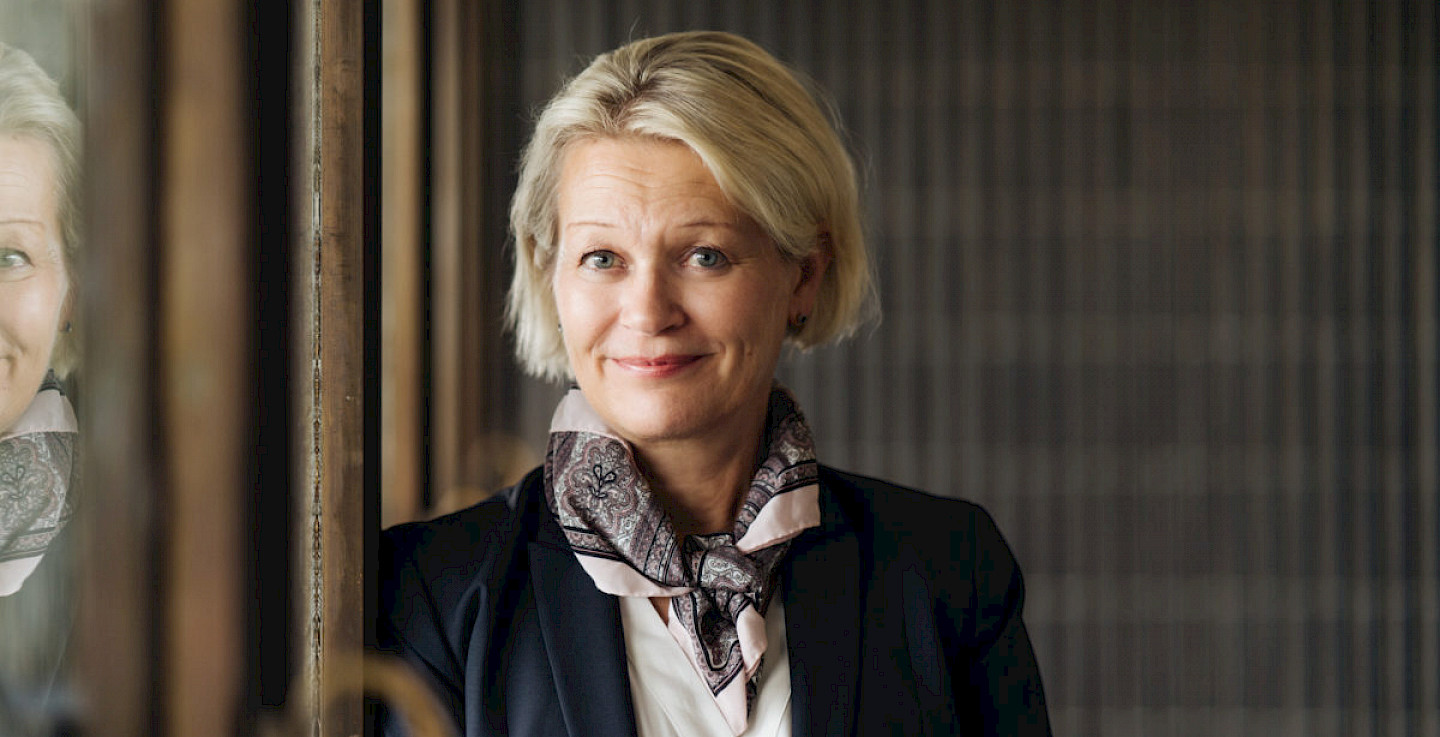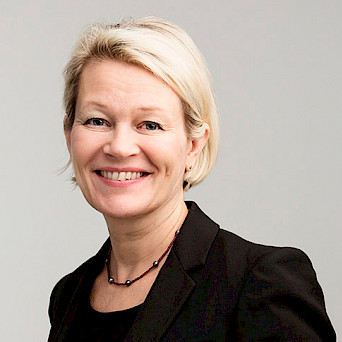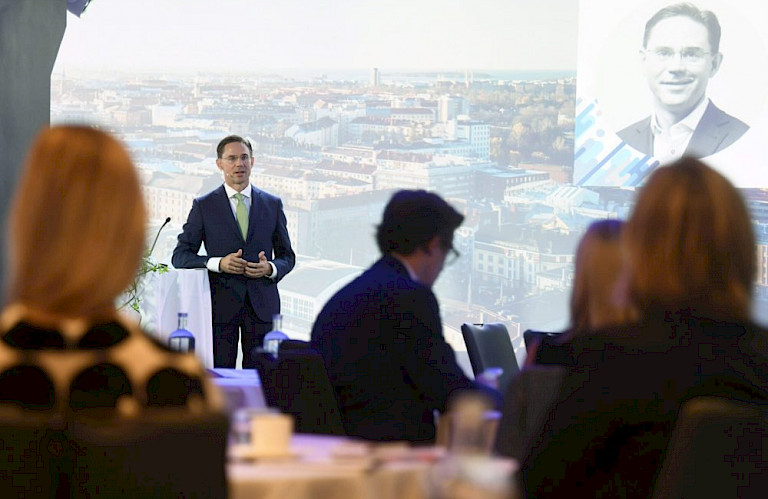Ethical business requires new approaches
Julkaistu

-
Kirjoittaja on Vaasan yliopiston työelämäprofessori.
Digitalisation increases vulnerability and brings in ethical challenges to the communication practitioner’s work. At the same time, organizations do not recognize the need to invest in new skills, an extensive communication survey European Communication Monitor 2020 indicates.
More than 2,300 responses from communication professionals in 44 countries show that almost every second practitioner (46.5%) has encountered ethical challenges in their work during the last 12 months. According to the ECM survey, the typical challenges relate to the use of bots to generate followers and customer feedback (67.6%), exploiting audiences' personal data by applying big data analyses (58.1%) and paying social media influencers for favourable communication (55.4%). Using sponsored and paid contents (54%) and encouraging employees to spread organizational messages on their private accounts (40.8%) were seen almost as problematic. Also profiling target audiences based on, e.g., age or gender was seen as morally questionable (30.2%).
The survey shows that despite all the positive aspects digitalisation has provided to the communication culture, it has also introduced unforeseeable and growing ethical challenges. On the other hand, approximately one third of the respondents (35.1%) had not encountered any ethical issues during the last 12 months. The majority of respondents had had one or more issues. Most ethical challenges were reported from Croatia, Poland and Portugal.
National and international codes of ethical communication were familiar to the respondents but only 57.5% applied them in their everyday work, whereas 86.1% trusted in their personal values and beliefs. This may indicate two things: either ethical codes are not known or they tally with practitioners’ own values and beliefs. Finland, Portugal, Croatia and Serbia were listed as countries where the communication profession code of ethics was best known.
Cyber security raises concern as well
According to the ECM survey, as many as 59% of the respondents saw cyber security as relevant in their daily work and 54% had experienced a cyber attack towards their organization. The greatest concern was cyber criminals hacking the organization’s website and/or social media accounts (42%). Cyber security is related to using web-based platforms in communication. Stakeholder data can be stolen and bot mechanisms attacked. Today’s communication professionals operate in a hybrid media landscape.
As for how organizations have responded to the increasing cyber security threats, the survey results indicate that practitioners have actually done very little. They do practice crisis communication but efforts to build resilience were surprisingly low. Every fourth practitioner was involved in preparing cyber security education to their organization but a lot less than 20% of the respondents were involved in developing cyber security guidelines or anti-attack resilience and technologies.
Cyber attacks are related to increasing instability of societies, fed by populism. Social media provides a platform for crime. A recent Finnish book, Uncontrolled communication (Huhtinen & Melgin, 2020), analyses the topic in more detail and provides support to communication professionals, making them better equipped in operating in the hybrid media landscape and its insecurities.
Where to start?
The biggest surprise in the survey results relates to training. As many as 40.4% of the respondents had never participated in any ethics training. For those who did so, it was mainly during their studies and more than three years ago.
In Finland a number of organizations, including ProCom - The Finnish Association of Communication Professionals and the Council of Ethics for Communication, provide training, events and information on business and communication ethics. ProCom has published a book Ethical communication in 2016 and podcasts on ethics in communication, for example.
Ethical challenges in communication will be thoroughly tackled in the Helsinki Ethics 2020 Conference, organized by ProCom together with the Councils of Ethics for Communication of Finland, Germany and Austria, and ICCO. The two-day hybrid programme, including a social programme, is aimed at practitioners and media, and it will be followed all over the world. The speakers include top-notch journalists, communication experts and researchers. By following Helsinki Ethics 2020, you’ll receive the most relevant and up-to-date information on the most recent communication and ethics matters. It’s an excellent opportunity to learn more on an evolving and extremely relevant topic.
European Communications Monitor 2020:
https://www.communicationmonitor.eu/wp-content/uploads/dlm_uploads/ECM2020-Results-ChartVersion.pdf
Asiasanat
Kirjoittaja
-
Lue lisää kirjoittajalta
Elina Melgin
Kirjoittaja on Vaasan yliopiston työelämäprofessori. Hän on filosofian tohtori, dosentti ja tietokirjailija. Melgin tekee vanhemman neuvonantajan työtä mm. T-Medialle. Aiemmin Melgin toimi ProCom ry:n ja oy:n toimitusjohtajana. Hän on ProComin kriisiviestintäkoulutuksen ohjausryhmän jäsen.

 Haku
Haku 







